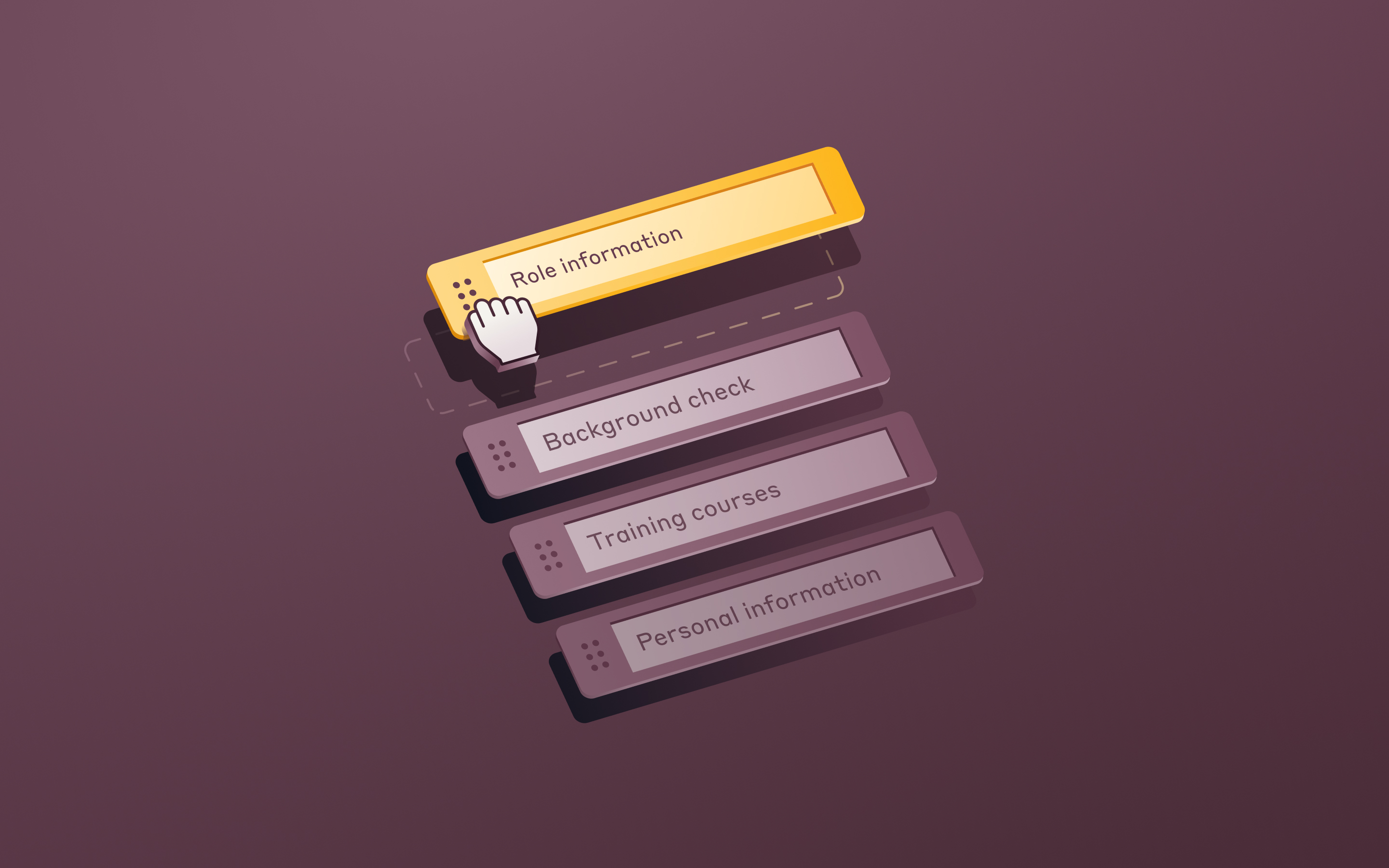How to Pay International Contractors in Philippines
Global companies can hire contractors from the Philippines to tap into the country’s skilled workforce. But when it’s time to pay them, what steps do you need to take to comply with all of the Philippines' complex labor and tax laws?
Before you receive your first invoice, read on to learn what you need to know to correctly classify contractors, onboard them, and pay them according to the Philippines' labor laws. We broke it down in steps.
Step #1: Classify your workers
Classifying Filipino workers correctly is crucial. Misclassifying employees as contractors can result in penalties including:
- Back pay and benefits
- Court-ordered damages of up to PHP 500,000, plus associated attorney fees
- Back payment of unpaid taxes and social security, plus additional fines and penalties
- Separate monetary fines and possible prison sentences for employers who don’t make necessary contributions to entitlement programs such as the Social Security System (SSS), the Home Development Mutual Fund (also known as the Pag-IBIG fund), and the Philippine Health Insurance Corporation (PhilHealth)
- undefined
To help employers determine whether a hire meets the criteria for an employee or independent contractor, the Philippines has created what it calls a "four-fold" test. The tests are:
- Selection and engagement of the worker, meaning the contractor has been engaged by the employer because they have unique skills or talents not possessed by average employees.
- Payment of wages, meaning the contractor invoices for their work after it is completed. Employees, on the other hand, are paid regular salaries or wages at intervals.
- Power of dismissal, meaning employers can only discipline and dismiss employees; contractors can only be terminated according to the termination clause in their work contract.
- Power of control, meaning the contractor should have control over when, where, and how they perform their work, and not be under direct supervision or control of the employer.
Step #2: Determine the best way to pay your contractors
The first thing to do before you can pay contractors in the Philippines is to determine how you'll pay them. With the rise of global workforces and remote work, employers now have more choices than ever for sending paychecks to Filipino contractors. Here are some options:
- Bank wires. You can open a bank account in the Philippines and use it for direct deposits into Filipino contractors' accounts, or use your bank to send a global wire transfer.
- International money orders. This long-standing payment method can be slow—especially because the employer needs to physically purchase the money order, and the contractor needs to physically deposit it upon receipt. Money orders can also come with fees and bad exchange rates.
- Digital wallets or payment platforms. Note that not all digital payment platforms are available in the Philippines (for example, Venmo only works within the US) though some employers use platforms like Wise or PayPal to transfer money across borders. Remember that exchange rates can change from day to day, making it difficult to predict your outgoings.
- Global payroll services. Typically, contractors aren't included in payroll, since they aren't subject to the same withholdings as employees—instead, they invoice for their services, which goes through accounts payable for many companies.
Step #3: Use global payroll software to process payments
As you saw in Step #2, there are multiple ways to pay contractors in the Philippines. But the fastest and simplest way is paying contractors through global payroll software.
With Rippling, you can pay contractors across the world. Here’s a preview of how Rippling’s global payroll system works:

Step #4: Ensure your contractor has the right tax information
Employers aren't required to withhold and pay income taxes for contractors in the Philippines. However, some employers make voluntary agreements with their contractors to make tax payments on their behalf. If so, you need to send the contractor a Bureau of Internal Revenue (BIR) form 2307 to specify what you’re withholding.
Self-employed workers need to pay their own taxes if they make more than PHP 250,000 per year, and are also responsible for paying their own premiums for social security agencies. Filipino freelancers making more than PHP 3,000,000 have to pay an additional 12% tax.
Independent contractors in the Philippines need to register with the BIR to get a Tax Identification Number. Then they can file the necessary tax forms, including:
- Form 1701Q for quarterly income taxes
- Form 1701 or 1701A (depending on whether contracting is a worker’s sole source of income) and Form 0605 for annual income tax payments
- Form 2307 if an employer decides to voluntarily withhold tax payments on your behalf
For US employers, it’s also worth noting that if a Filipino contractor travels to the country for work, their trip-based earnings are taxed by the US. So make sure you send them IRS forms W-8BEN or W-8BEN-E.
Effortlessly manage contractors around the world
Expanding your international workforce has never been easier. With Rippling, you can pay international contractors in the Philippines and around the world.
FAQs about paying contractors in the Philippines
Do you need to withhold taxes when paying contractors in the Philippines?
No, foreign companies don't have to withhold payroll taxes when paying contractors in the Philippines. Contractors are required to pay all of their own taxes. Though companies can voluntarily withhold taxes on a contractor’s behalf, in which case they need to distribute a BIR Form 2307.
Does Filipino minimum wage apply to independent contractors in the Philippines?
No, minimum wage laws don't apply to independent contractors in the Philippines.
Do Filipino contractors get benefits?
No, independent contractors in the Philippines are not entitled to benefits in the same way as employees. Offering employee benefits to independent contractors can even increase the risk that the courts will consider the contractors to have been misclassified.
Can you pay contractors in the Philippines in your home currency?
You should generally aim to pay all international contractors in their local currency. Workers in the Philippines should be paid in Philippine Pesos (PHP).
Can you manually pay contractors in the Philippines?
Yes, and it's common for small business owners to manually process contractor payments in an attempt to cut costs. But this can be time-consuming, especially as your business grows and if you work with multiple contractors in the Philippines or across borders.
It's also important to note that manually processing payments comes with some risks:
- Compliance. Running payroll manually means assuming the risk of human error and omission. Protect yourself and your business with Rippling, which automatically enforces compliance with any applicable local laws—no matter where your contractors live.
- Security. Manual payroll processing also poses security risks, especially if you use spreadsheets or paper records. Sensitive contractor information can be lost, stolen, or misused.
- Contractor experience. Manually paying contractors can be a slow process, lacking transparency and concrete payment timelines. This can be frustrating for contractors who need to understand their income.
How do you turn a contractor into an employee in the Philippines?
While hiring independent contractors over full-time employees can come with added flexibility and financial benefits, sometimes you do need a full-time employee. The challenge is making sure all the legal requirements are in order: Philippine labor laws require payroll deductions, benefits, and more for employees that you don't have to worry about for contractors.
You'll also have to decide whether to set up your own entity or hire employees through an EOR. Setting up your own entity can be a time- and resource-intensive process. An EOR like Rippling can help you easily hire, manage, and pay employees around the world.
Rippling and its affiliates do not provide tax, legal or accounting advice. This material has been prepared for informational purposes only, and is not intended to provide, and should not be relied on for tax, legal, or accounting advice. You should consult your own tax, legal, and accounting advisors before engaging in any related activities or transactions.





